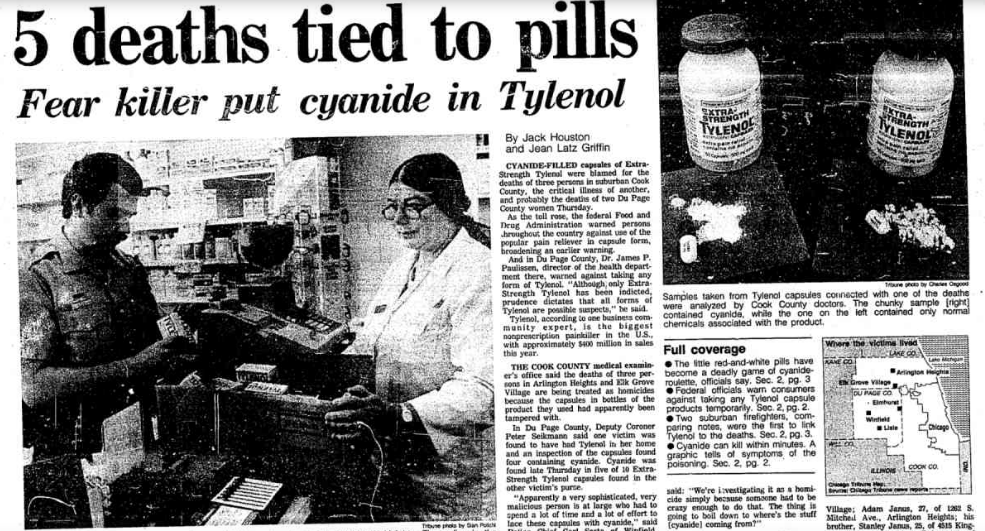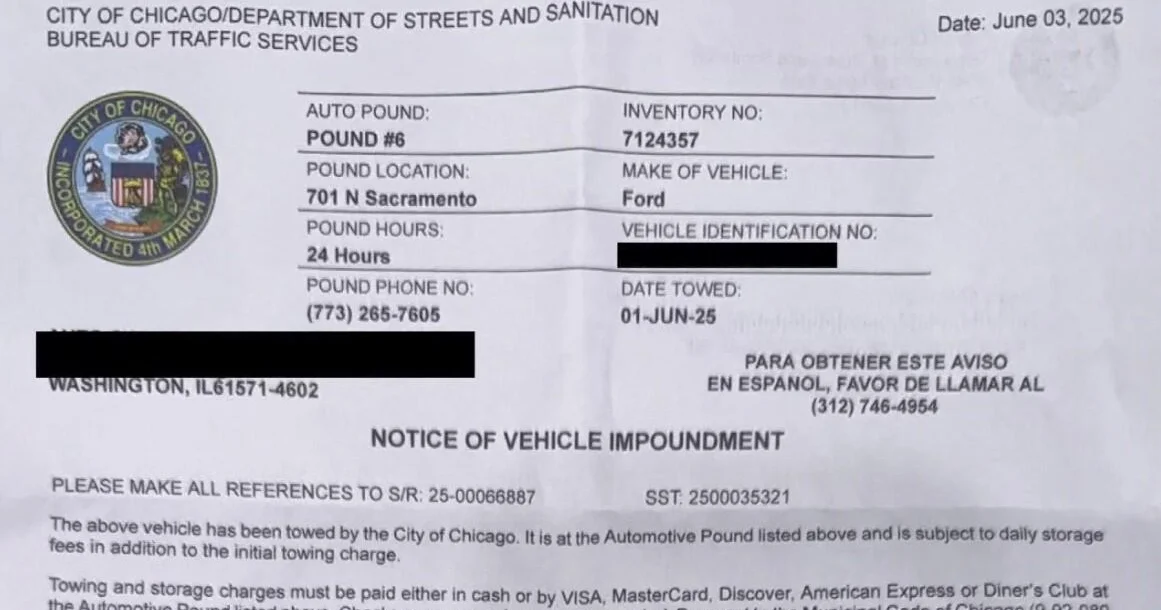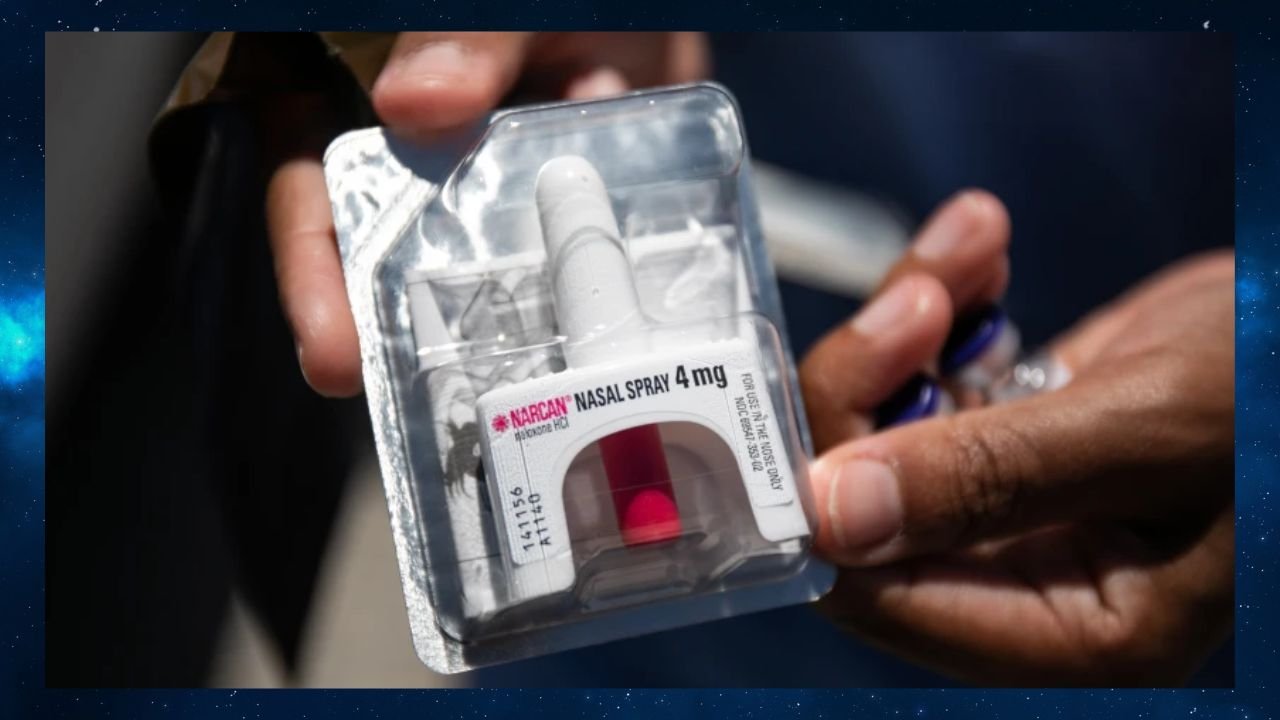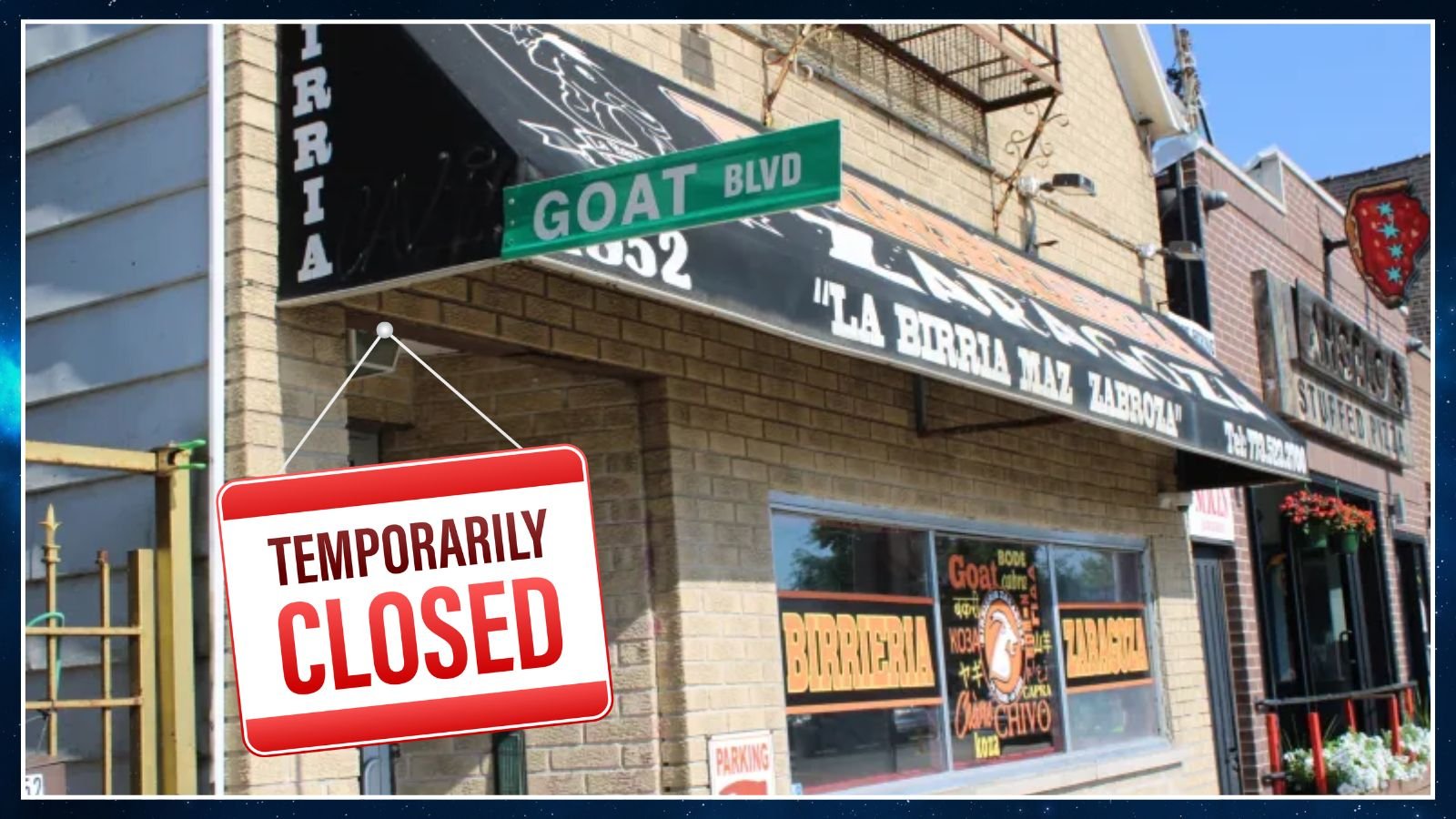CHICAGO — In the fall of 1982, the Chicago area was gripped by fear as seven people died suddenly after ingesting Extra-Strength Tylenol capsules that had been tampered with and laced with potassium cyanide. The mystery of who was responsible remains unsolved, but the case forever altered product safety laws and the way Americans buy over-the-counter medicine.
A Series of Sudden Deaths
The poisonings began on September 29, 1982, when 12-year-old Mary Kellerman of Elk Grove Village took Tylenol for a sore throat and died hours later.
That same day, Adam Janus, 27, of Arlington Heights, also died suddenly. His brother Stanley and sister-in-law Theresa Janus both consumed Tylenol from the same bottle while mourning at his home — and both collapsed and died soon after.
Over the next few days, three more victims — Mary Reiner, Mary McFarland, and Paula Prince, all from the Chicago area — were found to have taken cyanide-laced capsules.
In total, seven people died in what became known as the Tylenol Murders.
Cyanide Found in Capsules
Investigators quickly discovered that the victims had all ingested Extra-Strength Tylenol capsules that had been intentionally laced with potassium cyanide — a lethal poison.

-
Bottles were found across several retail stores in Chicago, Arlington Heights, and Elmhurst
-
Tampered capsules were placed back on store shelves by an unknown person
-
There was no evidence of tampering at the production level, which pointed toward local sabotage
Nationwide Panic and Product Recall
Johnson & Johnson, the maker of Tylenol, responded with an unprecedented nationwide recall of 31 million bottles, costing the company over $100 million. Though the brand was temporarily devastated, the transparency and speed of their response later became a case study in corporate crisis management.
Stores pulled Tylenol off shelves. Americans were told not to consume any unsealed medication. Pharmacies and hospitals were on high alert.
The Investigation: A Suspect, But No Arrests
A man named James W. Lewis later sent a letter demanding $1 million to stop the cyanide killings. He was convicted of extortion, not murder, and served over a decade in prison. Law enforcement has never charged anyone with the killings.
To this day, the Tylenol killer has never been caught, and the case remains one of the most chilling unsolved mass murders in American history.
Legacy: Tamper-Proof Packaging and Federal Laws
The 1982 Tylenol murders led to sweeping changes:
-
Tamper-evident packaging became mandatory for medications
-
The U.S. Congress passed the “Federal Anti-Tampering Act” in 1983, making it a federal crime to tamper with consumer products
-
Capsule medications were replaced with sealed caplets and blister packs
Do you remember the Tylenol Murders?
Were you or your family in Chicago during the 1982 panic? Share your memories in the comments or with our newsroom at ChicagoSuburbanFamily.com. Stories like this deserve to be remembered — and learned from.














